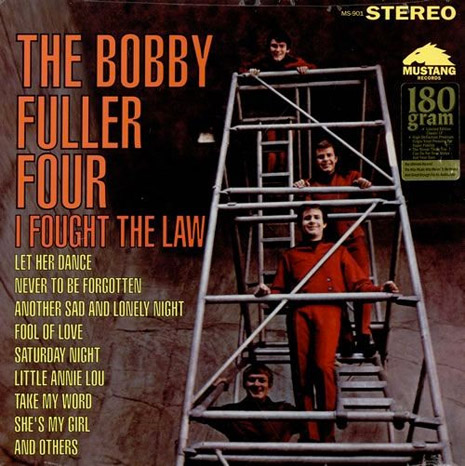The Cultural Impact of ‘I Fought the Law’

Introduction
‘I Fought the Law’ is a song that captures themes of rebellion and the challenges of facing authority. Originally written by Sonny Curtis and made famous by The Crickets and later covered by The Clash and other artists, the song has transcended its musical roots to become a cultural touchstone. Its relevance today is evident as it continues to resonate with the struggles against legal and societal norms, making it a significant piece in the canon of American and British music history.
Main Body
The song was initially recorded by The Crickets in 1959, but it gained immense popularity when it was covered by The Clash in 1979. The Clash’s version introduced the track to a new generation and made it synonymous with punk rock’s ethos of questioning authority. The song’s narrative – an individual’s battle against the law – resonates strongly in today’s climate where discussions around police authority, civil rights, and social justice are at the forefront.
In recent years, ‘I Fought the Law’ has been utilized in various forms of media, including television shows and films, often symbolising the defiance against systemic injustice. The song’s themes are reflected in movements advocating for police reform and social change, reinforcing its timeless message.
Conclusion
The enduring popularity of ‘I Fought the Law’ serves as a reminder of the ongoing struggle between the individual and authority. As society continues to grapple with issues of justice and equality, the song remains a powerful anthem for those who question the status quo. Its significance extends beyond music, embodying the fight for rights and the pursuit of justice, encouraging listeners to consider the implications of their own battles against the law. With its roots firmly planted in cultural history, ‘I Fought the Law’ is more than just a song; it is a call to action that remains relevant in our contemporary world.









